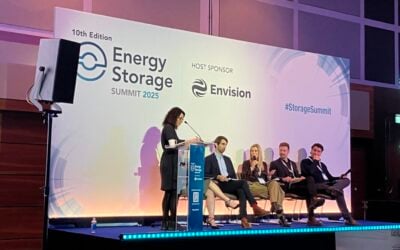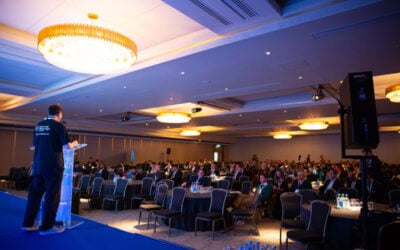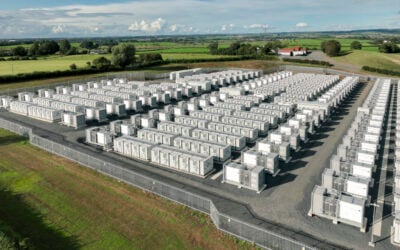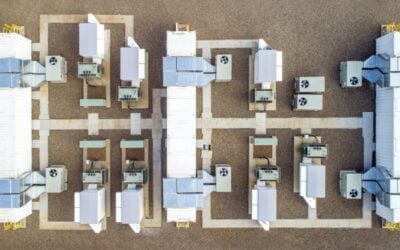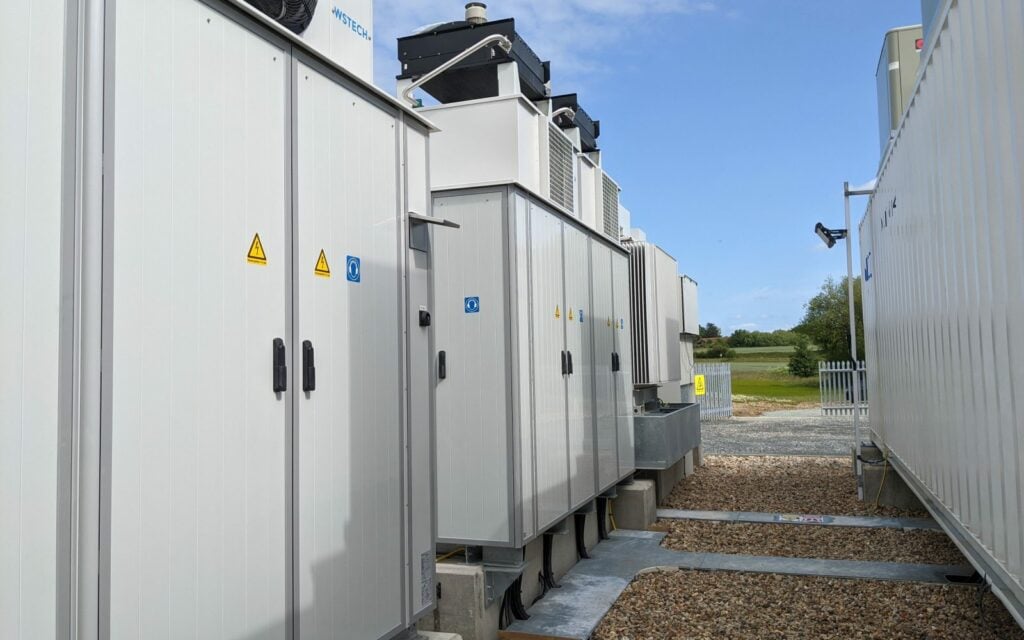
The Gore Street Energy Storage Fund’s results for the first half of its financial year have demonstrated the benefits of its internationalisation strategy, though its net asset value (NAV) per share fell slightly.
The listed fund, managed by Gore Street Capital, posted £19.3 million (US$24.5 million) revenue and £12.2 million (US$15.5 million) EBITDA in from March to September 2023, its H1.
As of 30 September, a total operational portfolio of 291.6MW of battery energy storage system (BESS) projects is managed by the fund, which trades under the ticker GSF, while the total capacity including projects under construction is 1.17GW.
GSF originally only invested in projects in the GB (UK excluding Northern Ireland) before diversifying into Ireland and then Germany and the US last year. A notable highlight of its results is that its BESS assets in GB generated £7.54/MW/hour whereas those outside GB generated nearly three times more, at £19.66/MW/hour.
Try Premium for just $1
- Full premium access for the first month at only $1
- Converts to an annual rate after 30 days unless cancelled
- Cancel anytime during the trial period
Premium Benefits
- Expert industry analysis and interviews
- Digital access to PV Tech Power journal
- Exclusive event discounts
Or get the full Premium subscription right away
Or continue reading this article for free
Meanwhile GSF’s NAV per share decreased by 2.3% to 112.9p compared to 115.6p as of 31 March, 2023. It attributed this decrease to the adjustments made in light of the macroeconomic landscape. An increase in base interest rates has hit the wider clean energy sector, as Energy-Storage.news has reported previously, especially in the US and UK (both Premium access).
Its only currently operational US assets are distributed-scale systems in the ERCOT, Texas market (9.9MW and under) which has seen notably high revenues in the last few months – the revenue/MW/hour in ERCOT for GSF was a whopping £39.08, five times higher than GB. A 200MW/400MWh system in California is set to come online in the second half of 2024, for which GSF secured a US$60 million loan in October.
GSF said that during the period it changed route-to-market (RTM) providers in various markets including Germany and ERCOT “…enabling access to additional value from ancillary services and wholesale trading markets”. RTM is one of the services provided by BESS optimisation firms (Premium access).
It also said that merchant trading opportunities in the US, German and Irish markets has increased, notably not mentioning GB. Merchant opportunities in the UK have failed to make up for saturation in the ancillary service markets as previously reported by Energy-Storage.news.
Energy-Storage.news’ publisher Solar Media will host the 9th annual Energy Storage Summit EU in London, 20-21 February 2024. This year it is moving to a larger venue, bringing together Europe’s leading investors, policymakers, developers, utilities, energy buyers and service providers all in one place. Visit the official site for more info.

